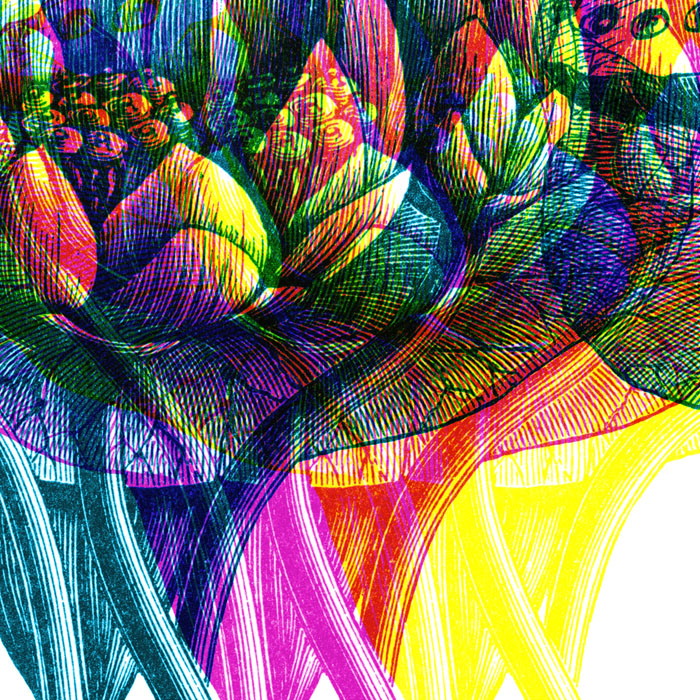Having a human mind is a little bit like having a disability.
I saw a video a while ago about a man who was born without arms, who decided that he wanted to be an archer. Not just an archer, but a good archer—a world-class archer. Without arms.
So he spent hours, days, months, and years working out how to hold and shoot a bow with his legs. His focus was unwavering, and now he is a world class archer.
The human mind, in its state at this point in time (perhaps it is different in different time-spaces, but I can only speak from my experience now) is not prone to focus. It doesn’t easily concentrate. At least mine doesn’t.
So getting it to leave its addiction to thinking, distraction and entertainment, and focus on an object of attention, like the breath, for twenty minutes a day, is a challenge. No matter what time we waste in our lives, that precious twenty minutes every morning becomes something we have a hard time giving.
This is truly a developmental disability, this resistance to focusing. I was telling a friend last week about my experience as a student nurse, during a rotation spent working with people in a sheltered workshop. The particular client to whom I was assigned was a young woman whose job within the workshop was to tie a bow in a piece of ribbon. I can’t remember what the ribbon would be used for, but that was her job.
In order to teach her to tie a bow, I had to break down the steps to a degree that I hadn’t imagined possible, and then repeat them endlessly, or they’d disappear from her mind. There wasn’t any such thing as “cross the right over the left” or even the way you do it with a neurotypical kid and make some kind of a game out of it. The steps had to be broken down even further than that, over and over.
This is how it is with us and meditation and learning to focus the mind in the present moment. The difference is that we actually have a choice, but we so resist going to that place of inner quiet that we’ll come up with any number of excuses or distractions to avoid it. And yet learning to focus the mind and direct the attention is the only way out of our default human setting of chaos.
When I sit down to meditate, the first thing that happens is that I become aware of what my mind has been chewing on in the background. It’s like discovering that your dog has found a shoe and gone off to gnaw it in secret. I become aware of the latest load of opinions and fixations it’s been working on. I can see exactly what I’ve done to encourage that mindlessness.
But when sitting down to meditate, none of it matters. None of the content of the mind matters—opinionated thoughts, brilliant thoughts, whatever they are, they’re just thoughts. Resisting them or judging them, strengthens them. So I just shift my attention, again and again, from the thinking to the breath. From the human stream of internal chatter, to the breath, over and over until my mind is quiet. Ahhhh.
At first the shifting part is sticky. My mind had been chewing on that shoe in the corner and is loathe to give it up. That’s fine, that’s just the way the human mind is. But through persistence, like the armless archer, I keep on coming back to the breath. Eventually the mind begins to settle. It drops the old shoe and stays with this new object of attention. And then there’s quiet.
I don’t berate my mind. That would be like scolding the young woman at the sheltered workshop because she couldn’t tie a bow, even after several days of concentrated instruction. Things just are the way they are, and training is possible—but it takes persistence and dedication and a desire to bring the human mind out of its darkness and chaos, one mind at a time. Why? Because untrained minds cause a lot of suffering.
